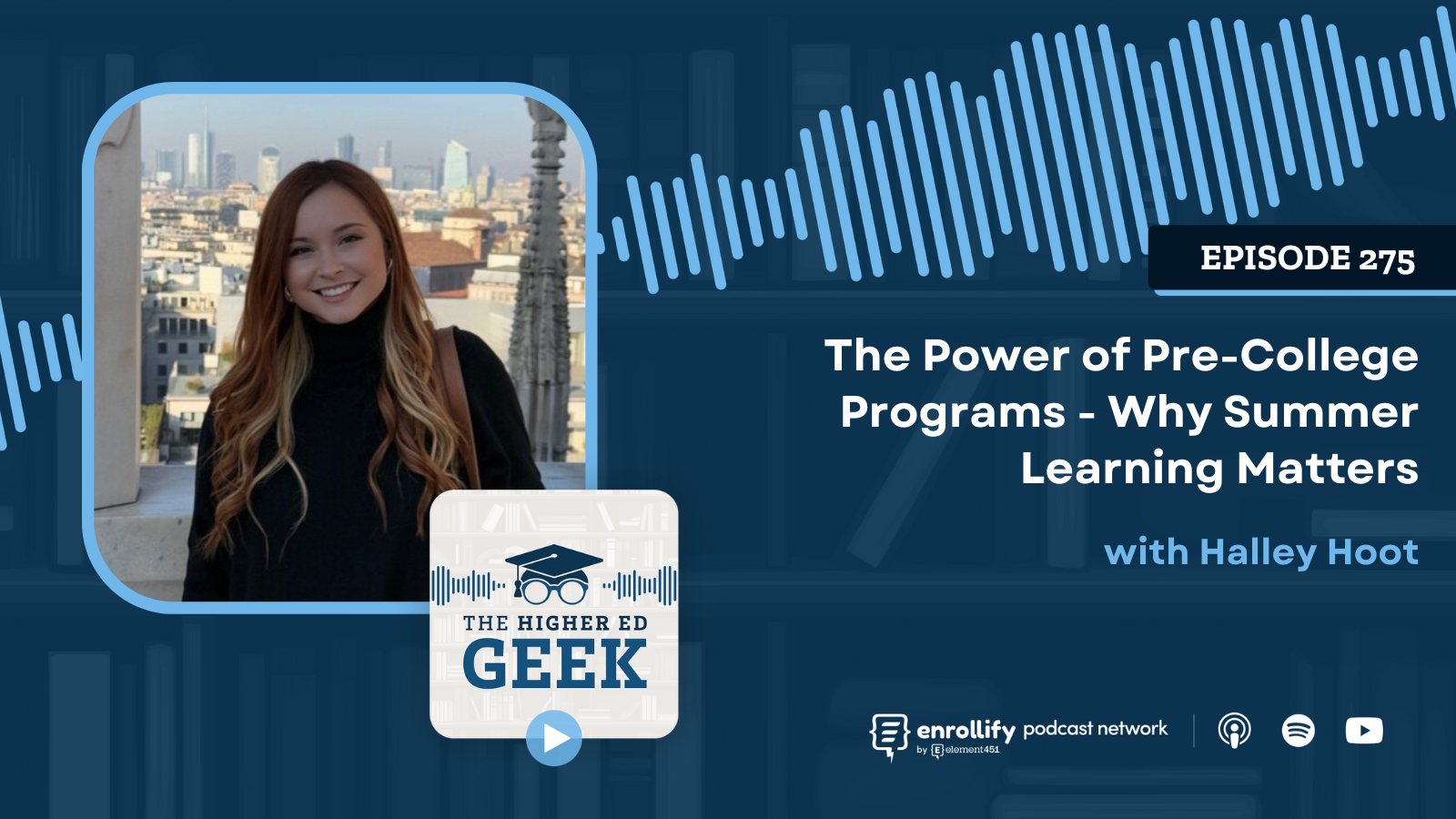About the Episode
About The Episode:
Welcome to Reclaiming Free Speech, Democracy, and Discourse on Campus a Post Election America. I’m Dr. J. Cody Nielsen, Host of After Further Consideration. No matter the outcome, the 2024 election will set the stage for the next decade of higher education. In this Pulse Check series I’ll interview policy makers and practitioners to discuss their outlook on higher education, the ways in which we might reestablish higher education’s public trust, and what a post 2024 election will look like on campus. From expression of speech to civil democracy and discourse, America’s higher education system is at a dramatic turning point and we’re here to break it down. Let’s dive into today’s episode.
Key Ideas:
- Intersections of restorative and trauma informed justice with the future of DEI in higher education.
- Conversation around how we are approaching harm and healing in higher education.
- Institution of care, compassion, and community into the next few years of higher education.
- We require the development of people’s patience in order for progress in social issues to be made in society.
- It’s time to repurpose identity-based spaces to those of caucusing spaces for individuals to collectively grieve and interrogate their roles in white supremacy.
Episode Summary
How is Restorative Justice Relevant to Higher Education?
Dr. Desiree Anderson explains that restorative justice (RJ) is about focusing on harm reduction and relationship repair. While traditional accountability methods focus on rule violations, RJ centers on the human impact of harm. Anderson emphasizes that RJ prioritizes the experiences and perspectives of all parties involved, especially those directly impacted by harmful actions. She highlights that RJ works to rebuild social contracts and strengthen campus community bonds.
Anderson's experience in student affairs and multicultural engagement has shown her the importance of RJ on college campuses. By including everyone impacted in the accountability process, RJ fosters greater understanding and often achieves lasting behavioral changes among students. This approach, she argues, is especially valuable in higher education, where community relationships and a sense of belonging are integral to the college experience.
What are the Core Principles of Restorative Justice?
RJ, Anderson explains, is flexible and grounded in several key principles. It emphasizes:
- Community and Connection: RJ views harm as a breach of social contracts rather than merely a legal violation. These social contracts represent mutual understandings within campus communities, such as respect, inclusivity, and support.
- Collective Accountability: RJ encourages accountability that involves everyone affected by the harm, including the broader community. This collaborative decision-making process helps both the individuals responsible for and those impacted by harm feel that their perspectives are valued.
- Human-Centered Approach: RJ moves beyond punitive approaches by focusing on personal growth, understanding, and the repair of human relationships. This process encourages students to empathize with those affected and understand the implications of their actions on their community.
In her role, Anderson has seen RJ's long-term benefits on campuses when implemented with genuine care. By facilitating dialogue and understanding, RJ provides a space for students to express themselves and work toward meaningful resolutions.
How Does Restorative Justice Integrate Trauma-Informed Practices?
Anderson emphasizes that RJ and trauma-informed practices are complementary, though distinct. Trauma-informed practices recognize that trauma significantly impacts how individuals engage and respond in various situations, and they adapt approaches to accommodate these effects. She explains that trauma can make individuals respond unpredictably, with some students shutting down or exhibiting heightened emotional responses.
RJ benefits from trauma-informed practices by considering these trauma responses and creating a supportive environment for participants. This can mean adjusting RJ processes to make them feel safer for those with past trauma or using a “healing-centered” approach that respects individual experiences and builds trust within the process. Anderson advocates for RJ as a compassionate and human-centered approach to accountability, where trauma-informed considerations allow participants to engage authentically, ultimately creating a more empathetic campus environment.
What Are the Potential Benefits of RJ in a Post-2024 Campus Climate?
Following the contentious 2024 election, many campuses face divisions and rising concerns about free speech, democracy, and civil discourse. In this context, Anderson and Nielsen discuss the urgent need for healing-centered approaches that address underlying tensions and build trust across campus communities. RJ’s ability to foster dialogue and understanding makes it a valuable tool for reestablishing respect and civil discourse on campus.
Anderson sees RJ as essential for cultivating a campus culture where students, faculty, and staff feel a sense of mutual respect, even when views differ. In the current climate, RJ’s flexible approach provides a constructive framework for students to navigate challenging discussions, engage in open dialogue, and express themselves without fear. By focusing on interpersonal relationships and community bonds, RJ can help campuses rebuild trust, promoting a healthy, respectful exchange of ideas.
Enrollify is produced by Element451 — the next-generation AI student engagement platform helping institutions create meaningful and personalized interactions with students. Learn more at element451.com.
Attend the 2025 Engage Summit!
The Engage Summit is the premier conference for forward-thinking leaders and practitioners dedicated to exploring the transformative power of AI in education.
Explore the strategies and tools to step into the next generation of student engagement, supercharged by AI. You'll leave ready to deliver the most personalized digital engagement experience every step of the way.
👉🏻 Register now to secure your spot in Charlotte, NC, on June 24-25, 2025! Early bird registration ends February 1st.







.png)







